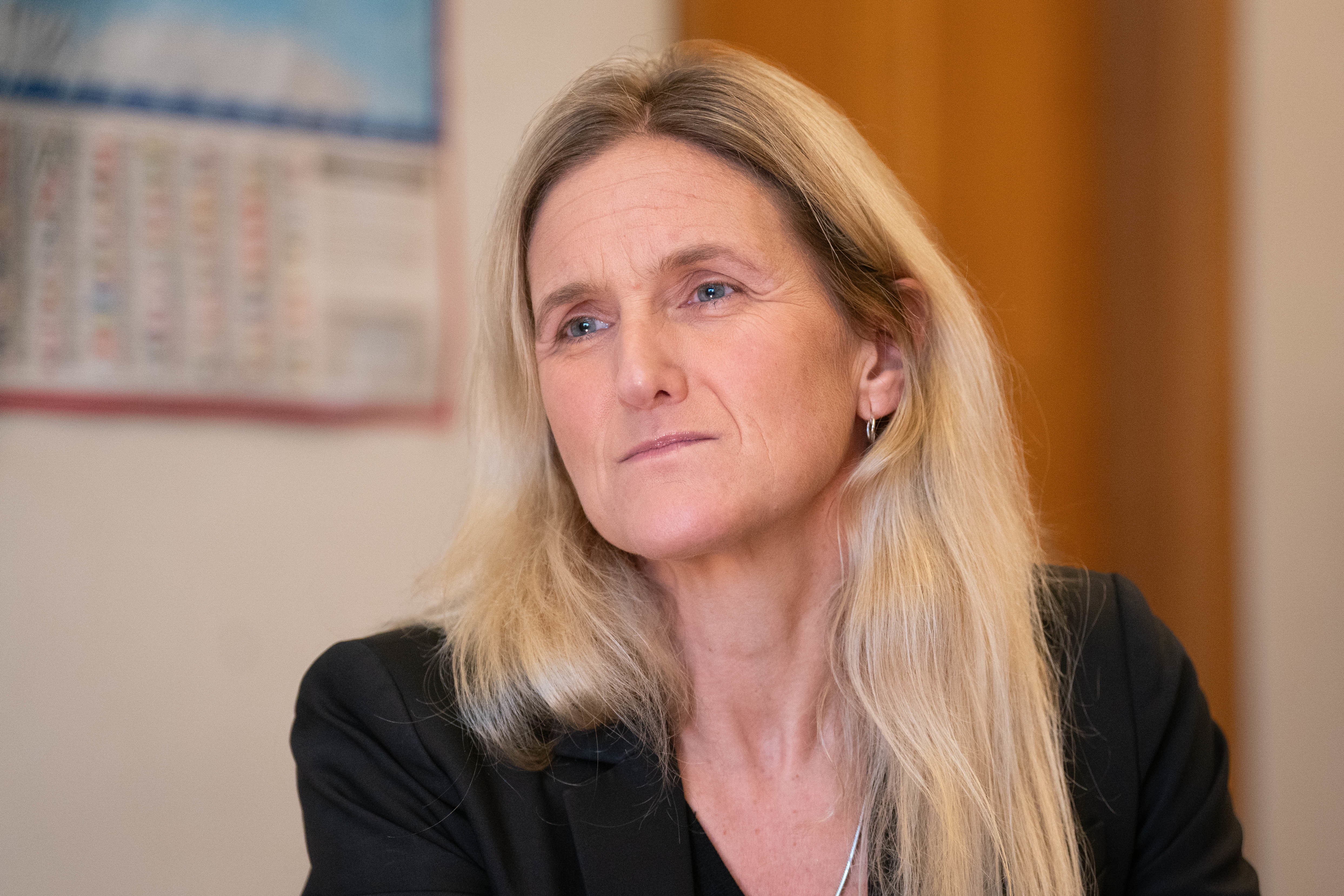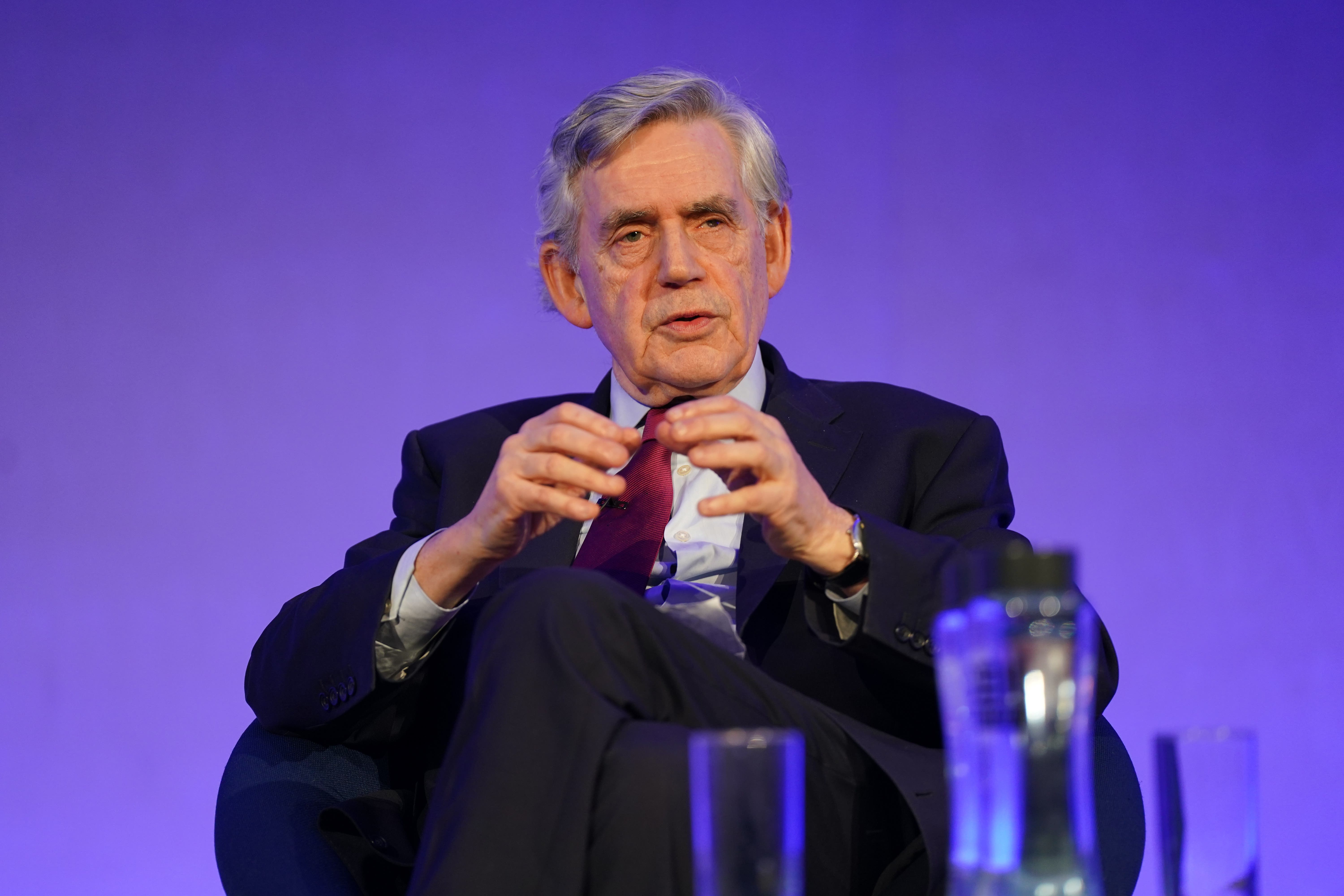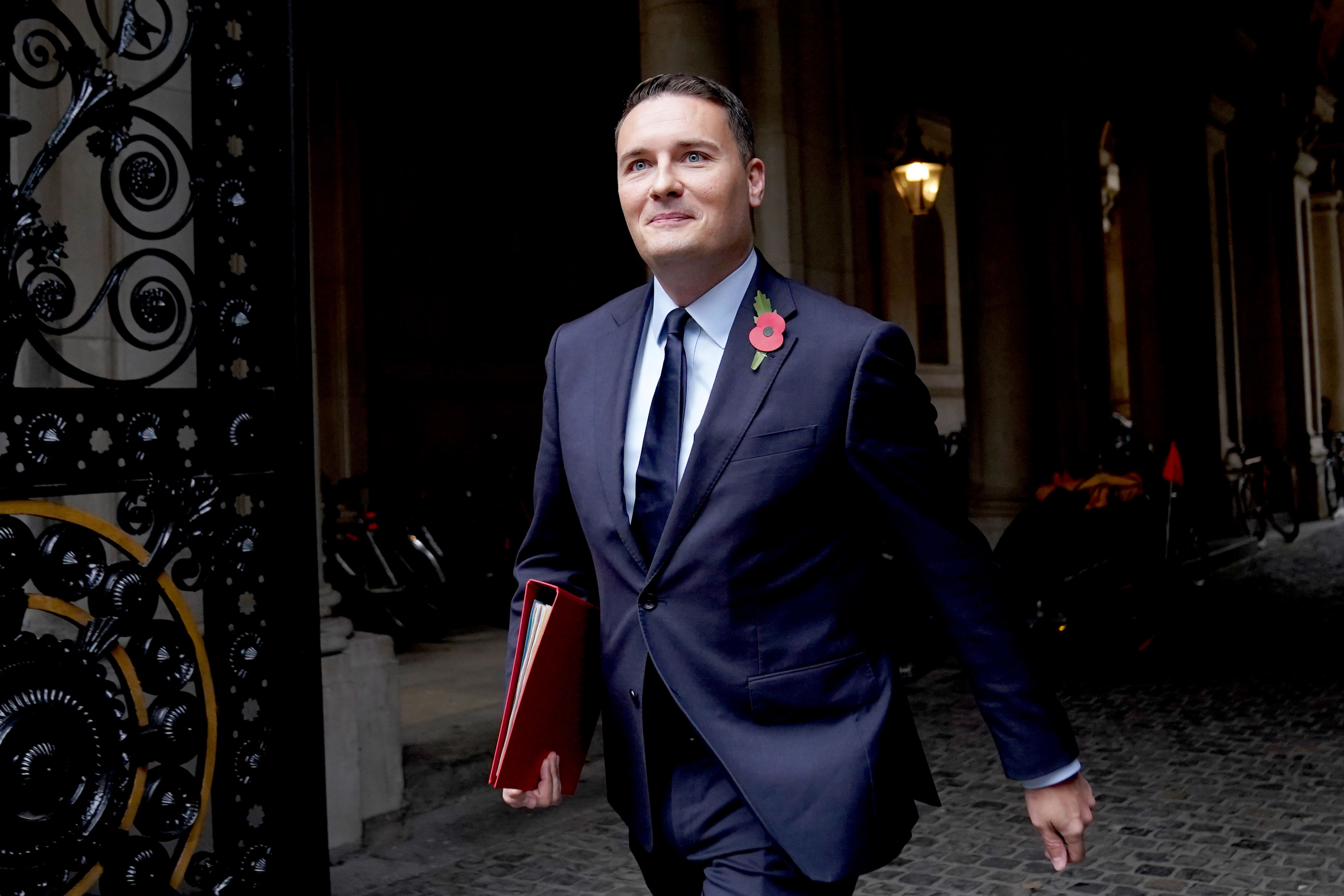Dawn shared her final moments with the world. The assisted dying debate should focus on facts, not fears
‘I would like to dispel all the myths around assisted dying, that people could be coerced. That it’s against God. I would just like people to know it is a dignified choice.’ These were the words of assisted dying campaigner Dawn Voice-Cooper, who chose to share her death with the world. Three years later, MPs must decide if she was right, Amy-Clare Martin writes


Your support helps us to tell the story
From reproductive rights to climate change to Big Tech, The Independent is on the ground when the story is developing. Whether it's investigating the financials of Elon Musk's pro-Trump PAC or producing our latest documentary, 'The A Word', which shines a light on the American women fighting for reproductive rights, we know how important it is to parse out the facts from the messaging.
At such a critical moment in US history, we need reporters on the ground. Your donation allows us to keep sending journalists to speak to both sides of the story.
The Independent is trusted by Americans across the entire political spectrum. And unlike many other quality news outlets, we choose not to lock Americans out of our reporting and analysis with paywalls. We believe quality journalism should be available to everyone, paid for by those who can afford it.
Your support makes all the difference.Three years ago, British mother Dawn Voice-Cooper sipped champagne, had a cigarette and listened to her favourite song one last time.
Her last words to those gathered at her bedside as she released a fatal dose of barbiturates into her bloodstream at a Swiss assisted dying centre were simply: “Thank you, thank you everyone.”
The 76-year-old had spent her last years fighting for the right to die, in the hope that one day the UK may enact assisted dying laws of its own. She had asked me to report on her final moments to document the reality of an assisted death in the hope her story would help to inform debate at home.
This week, Britain’s MPs are preparing to vote on the emotive issue in the House of Commons.
Under the terms of the private members bill being debated on Friday, Dawn would never have been eligible for an assisted death. Without a terminal diagnosis but struggling with a litany of incurable illnesses including severe arthritis, repeated brain bleeds and epilepsy, she described the quality of her life as “at times unbearable”.

Dawn, from Sevenoaks, Kent, believed adamantly in the right for her to choose the time and place of her passing. To her, the idea that terminally ill Britons may one day have to beg a High Court judge for an assisted death was barbaric.
She was clear in all our conversations that she felt the kind of safeguards in the bill being debated on Friday – limiting assisted dying to those with six months to live with the approval of two doctors and a judge - were far too restrictive.
What about Tony Nicklinson, the father with locked-in syndrome, who refused food after he lost a High Court case for the right to end his life? Or Omid T, another high-profile campaigner whose diagnosis of multiple system atrophy was debilitating, but not terminal?
But she also said that she wanted parliamentarians to put party politics aside and have a free vote on the issue that she spent her final years campaigning so passionately for.

Before she died, Dawn paid her MP Laura Trott a visit. Ms Trott later described the constituency surgery as one “that will stay with me forever” as she told a Westminster Hall debate it was time for the country to properly debate the issue.
Although this may not be the bill Dawn would have wanted, in the short years since her death, her hopes of an evidence-based inquiry into assisted dying and a free vote have both come to pass. With hours until the vote, the result appears to be on a knife-edge.
It remains a complex issue and emotions inevitably run high. Much of the debate in recent weeks has felt instinctual. Many are understandably fearful of the consequences of an assisted death being abused and vulnerable people being coerced or feeling pressure to end their lives.

Last week, in a moving intervention, former prime minister Gordon Brown revealed he opposed assisted dying after spending 11 precious days at his newborn daughter’s bedside as her life slowly ebbed away. He would like to see better end-of-life care before the nation legislates to assist deaths.
It is a view shared by health secretary Wes Streeting, who – despite the requirement for the government to remain neutral on the issue – said the palliative care system is not yet good enough and even ordered officials to investigate the cost of implementing assisted dying, hinting it could lead to cuts in other parts of the NHS.
These are important issues which need to be discussed. But this is not a leap into the unknown and debate should be focussed on the wealth of evidence available to us from countries across the globe where 300 million people currently have the right to die in some form or other. These include nine US states, Canada, Australia, New Zealand, Belgium, the Netherlands and Switzerland, where a Brit like Dawn travels on average every eight days for an assisted death.

A parliamentary inquiry into assisted dying, carried out by a cross-party committee of MPs who received more than 60,000 submissions, concluded in a report earlier this year that they had found no evidence of a deterioration in end-of-life care in countries where medically assisted deaths are legal.
Indeed, they found the introduction of assisted dying had been linked to an improvement in palliative care in several jurisdictions and heard evidence from experts who acknowledged that even the best care is not able to relieve all suffering.
MPs travelled to Oregon, where assisted dying has been legally available to terminally Americans with less than six months to live since 1997, whose legislation is the inspiration for Labour backbencher Kim Leadbeater’s private member’s bill.
There is no evidence of laws being abused to prematurely bump off nuisance grandparents or vulnerable people in more than 25 years of its use, according to Dignity in Dying.

The inquiry found there is some hesitation among healthcare professionals about how to accurately assess capacity and safeguard patients making end of life decisions, but noted the same is true for those who legally opt to cease treatment in Britain.
Frequently, debate returns to the permissive laws in Canada, where Medical Assistance in Dying (MAiD) is offered not only to those terminally ill, but also those suffering from a grievous and irremediable condition. It is a model Dawn, a supporter of assisted dying campaign group My Death, My Decision, would have backed wholeheartedly.
But that is a far cry from the legislation being debated in the House of Commons, which Ms Leadbeater rightly says “has the strictest protections and safeguards of any legislation anywhere in the world”.
Despite fears any relaxation of the law would inevitably lead to a slippery slope of more and more people being able to request ‘death on demand’, the inquiry found this was not borne out by evidence either.
“We also conclude that jurisdictions which have introduced Assisted Dying/Assisted Suicide on the basis of terminal illness have not changed the law to include eligibility on the basis of ‘unbearable suffering’,” the report found. “None of the jurisdictions which have introduced it have revoked the legislation.”
Join our commenting forum
Join thought-provoking conversations, follow other Independent readers and see their replies
Comments